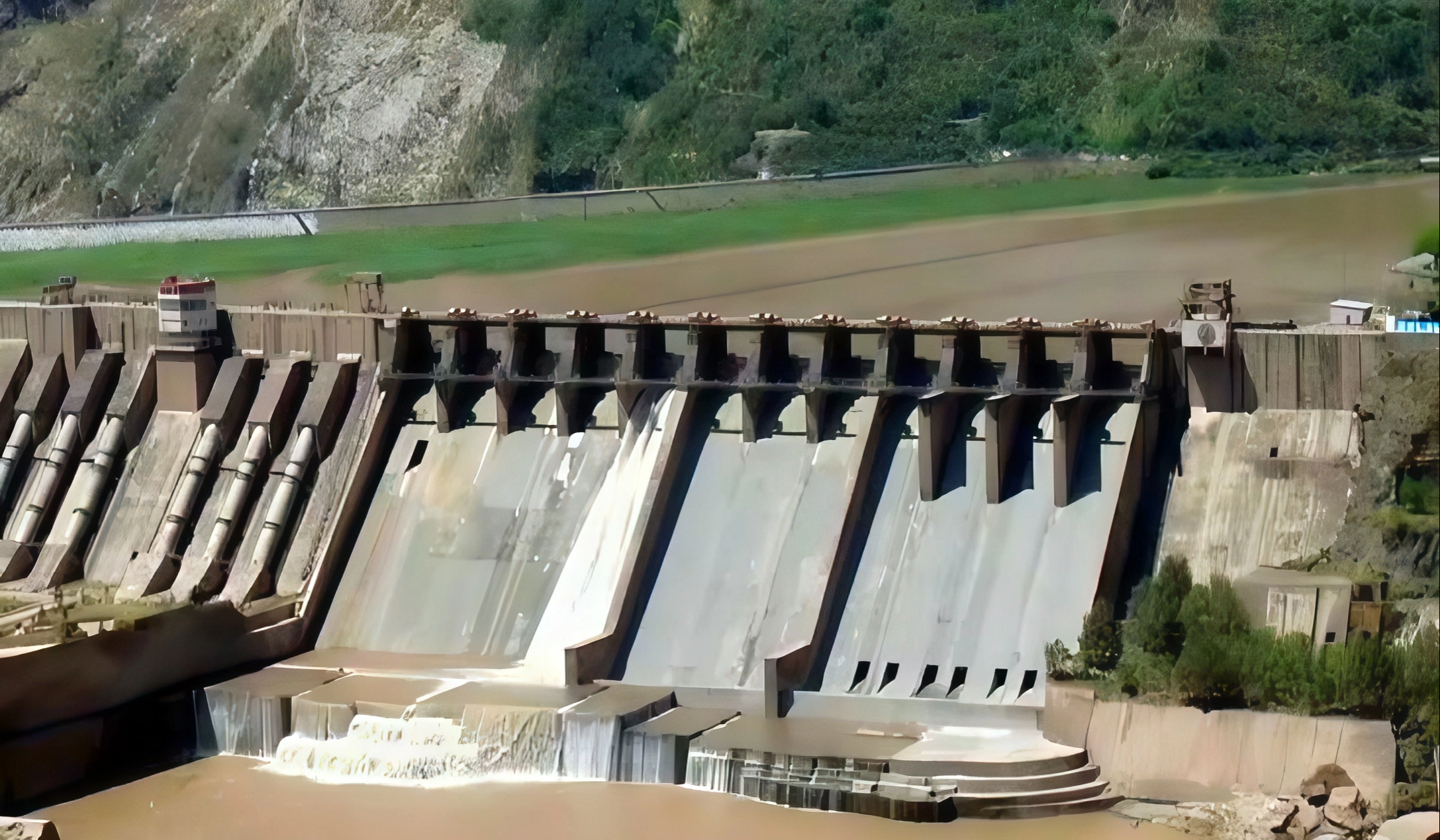Tensions between India and Pakistan have escalated as India reportedly reduced the water flow of the Chenab River via the Baglihar Dam. The move has sparked alarm in Pakistan, where agriculture and food security heavily depend on this vital river. Concerns are growing that India may replicate a similar strategy on the Kishanganga Dam, which would impact the Jhelum River — further straining the already fragile water-sharing arrangement between the two nuclear-armed neighbors.
The 1960 Indus Waters Treaty, brokered by the World Bank, has long governed the distribution of the Indus River system. Under the treaty, Pakistan was allotted the waters of the Indus, Chenab, and Jhelum rivers, while India retained rights to the eastern rivers. However, recent developments suggest that this decades-old treaty is under increasing stress.
In a swift response, Pakistan has tightened its trade and border control policies, citing the need to safeguard its water security and economic stability. Officials emphasized the importance of urgent diplomatic engagement to address the crisis and prevent further deterioration of bilateral relations.
Water and geopolitical experts warn that without a peaceful resolution, this conflict could impact millions of lives, with threats to agriculture, drinking water, and regional peace in South Asia.






